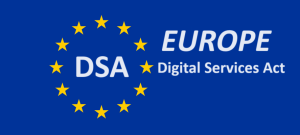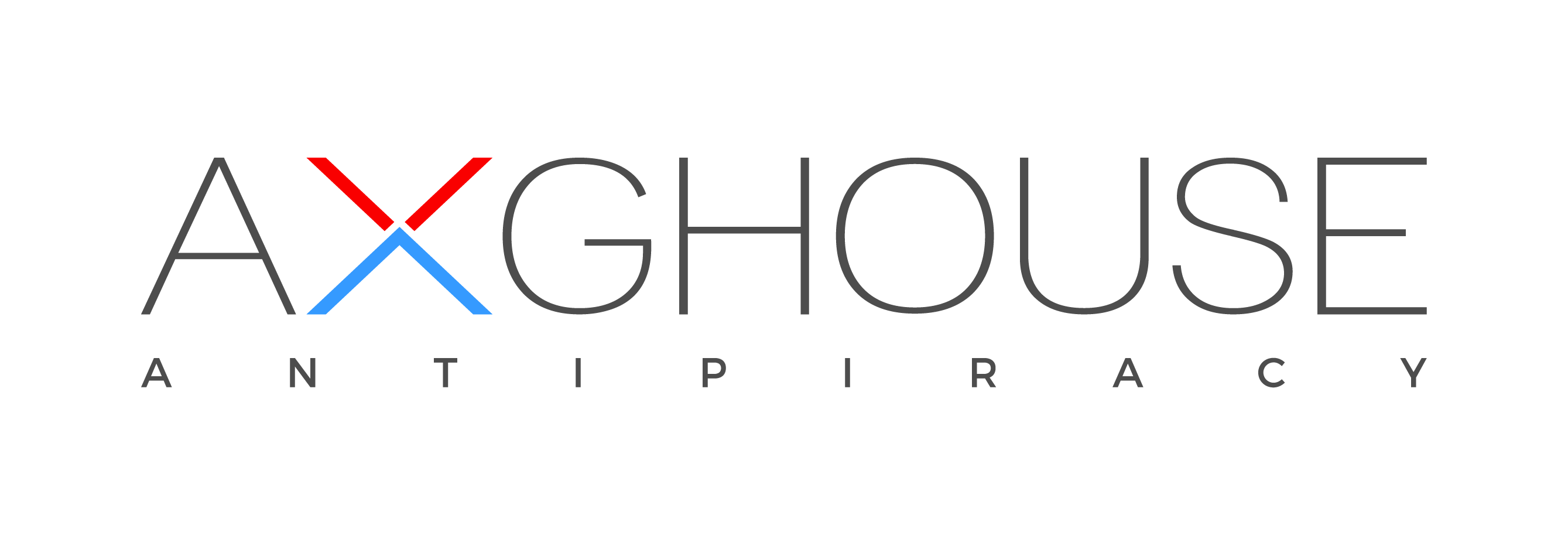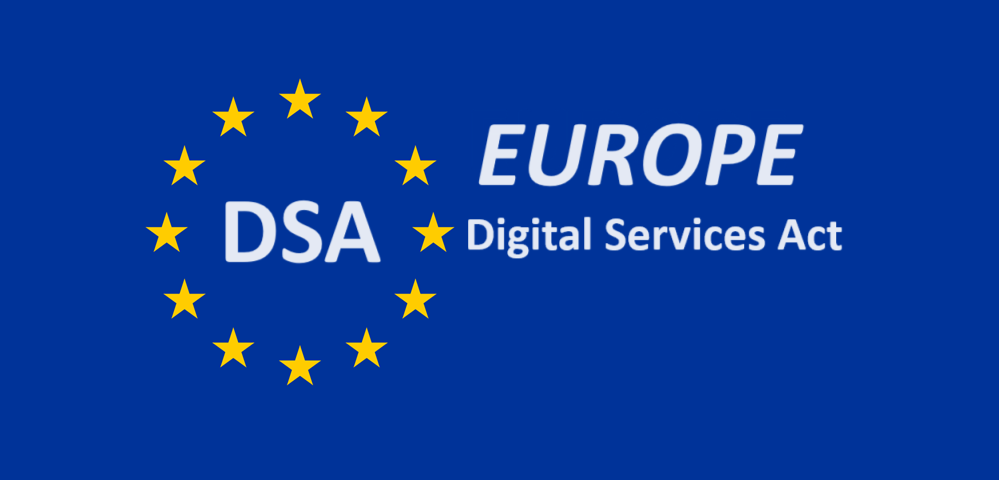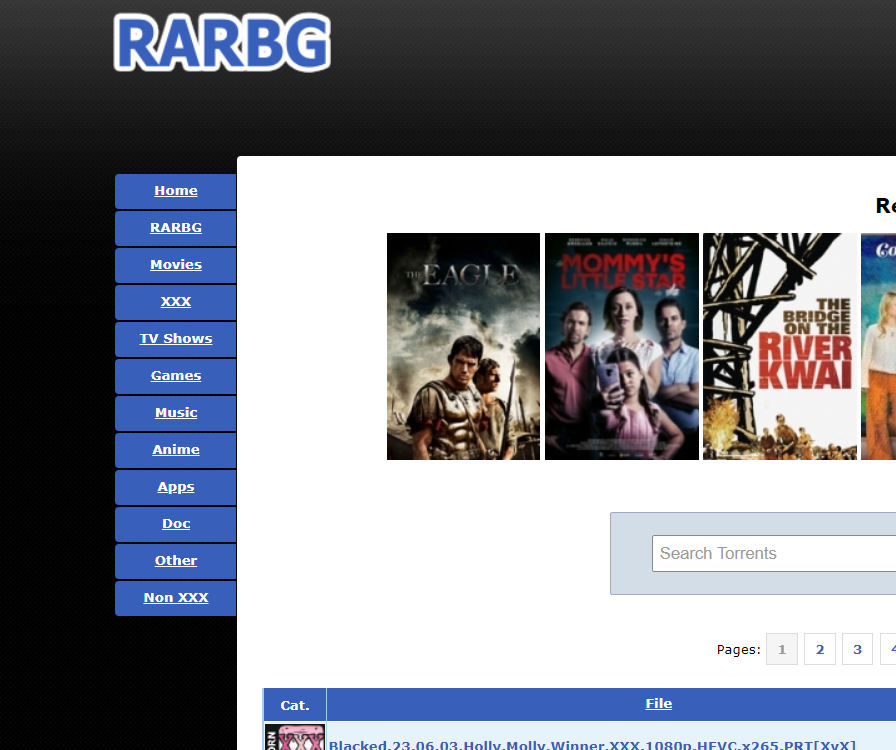
Harnessing Bing AI to Elevate Search Engine Popularity and Combat Copyright Infringement
November 2, 2023
Fake Netflix emails
April 18, 2024
As the digital landscape continues to evolve rapidly, the European Union (EU) has recognized the need for robust regulatory frameworks to govern digital services effectively. In response to this imperative, the European Commission proposed The Digital Services Act (DSA), a landmark legislative initiative aimed at modernizing the rules governing digital platforms and services within the EU.
Understanding The Digital Services Act (DSA)
The Digital Services Act (DSA) represents a significant legislative proposal by the European Union to regulate digital services comprehensively. Its primary objectives include enhancing the accountability of online platforms, safeguarding user rights, fostering transparency, and addressing emerging challenges in the digital sphere.
Key Components of The Digital Services Act (DSA)
- Scope and Definitions: The DSA applies to a wide range of digital services, including online platforms, social media networks, online marketplaces, and search engines. It delineates clear definitions of various categories of digital service providers and specifies their respective obligations and responsibilities.
- Due Diligence Obligations: Under the DSA, digital service providers are required to exercise due diligence measures to detect, prevent, and mitigate illegal activities occurring on their platforms. This includes measures to combat illicit content such as hate speech, terrorist propaganda, counterfeit goods, and copyright infringement.
- Transparency Requirements: The DSA mandates greater transparency from digital platforms concerning their content moderation policies, algorithms used for content recommendation, and advertising practices. Users must be informed about the functioning of these platforms and have access to mechanisms for redress and complaint resolution.
- User Empowerment and Protection: Recognizing the importance of user rights in the digital sphere, the DSA seeks to empower users by providing them with greater control over their online experiences. This includes measures to combat online harassment, protect minors from harmful content, and ensure the enforceability of users’ rights vis-à-vis digital service providers.
- Enforcement Mechanisms: The DSA establishes robust enforcement mechanisms to ensure compliance with its provisions. National regulatory authorities are empowered to monitor digital service providers’ adherence to the DSA and impose sanctions in cases of non-compliance, including fines and temporary or permanent bans on service provision.
Conclusion
The Digital Services Act (DSA) represents a pivotal step towards modernizing the regulatory framework governing digital services in the European Union. By introducing comprehensive rules and obligations for digital service providers, the DSA aims to strike a balance between promoting innovation, protecting user rights, and fostering a safer and more transparent digital environment.
As the legislative process unfolds, stakeholders across the digital ecosystem will closely monitor developments related to the DSA, recognizing its potential to reshape the digital landscape in Europe and influence global discussions on digital governance and regulation.
In short, the new directive is going to make all the illegal things online that are illegal offline.
We hope this article provides a more detailed overview of The Digital Services Act (DSA) and its significance in shaping the digital regulatory landscape in the European Union.
More information at source https://commission.europa.eu/strategy-and-policy/priorities-2019-2024/europe-fit-digital-age/digital-services-act_en





